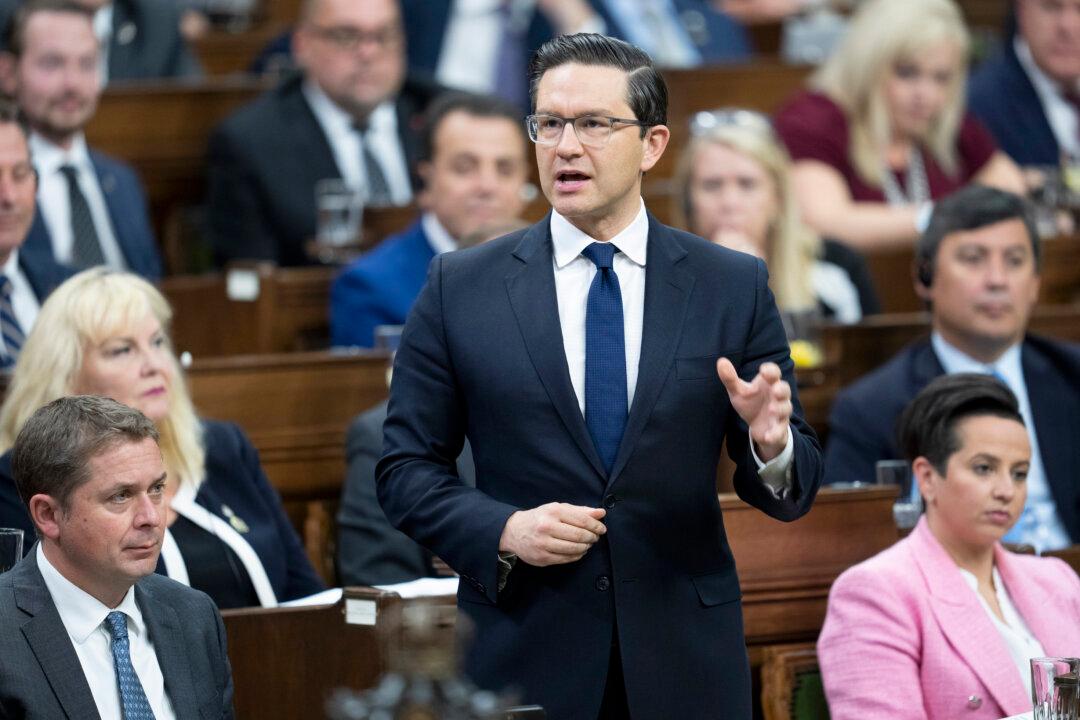Opposition parties are criticizing the Liberal government’s fall economic statement released yesterday, with Conservative leader Pierre Poilievre calling it an “inflationary scheme.”
“We had two demands: no new taxes on workers and seniors and no new spending unless matched by equal savings,” said Poilievre in the House on Nov. 3.





